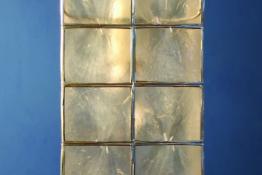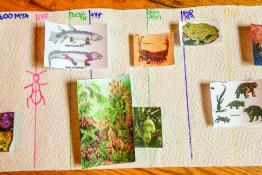Joining up the thinking: how science'learning progressions' could address problems inherent in primary secondary transition
Issue 362 | Page 39 | Published Sep 2016
Description
Dips in pupils' science attitudes and performance when they transfer from primary to secondary school in England are well established. They have been related to a variety of factors, including repetition of science content at year 7 and differences in the pedagogical approaches taken by primary and secondary teachers. One potential way forward would be to use data from research studies that have surveyed how pupils' science thinking develops across key stage 2 (7- to 11-year-olds) and key stage 3 (11- to 14-year-olds). These'learning progressions' can provide continuity that takes into account pupils' changing science concepts over the transfer period and so help ease transition.
More from this issue
Allan Mills describes the use of capiz shells for making lampshades, including the process that makes them translucent and the controls on...
Pupils' questions can play a powerful role in helping them to develop conceptual understanding, but can also provide a stimulus for teacher...
Research globally has shown that many children lose interest in science towards the end of primary school and throughout the post-primary phase....




